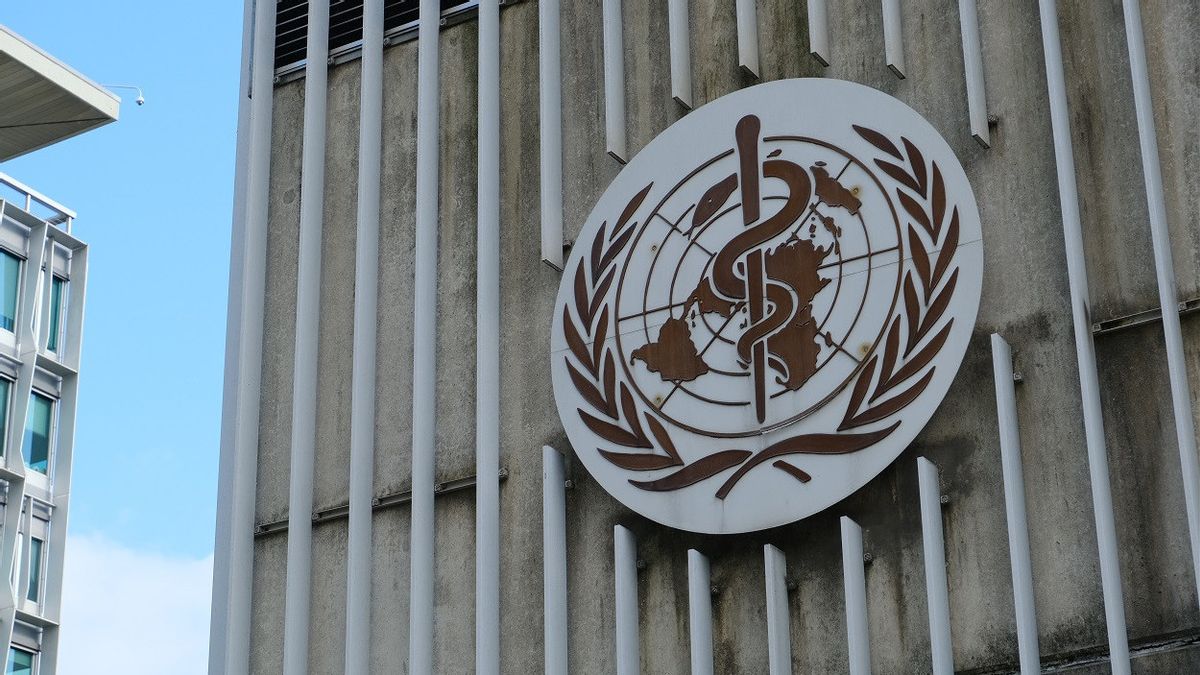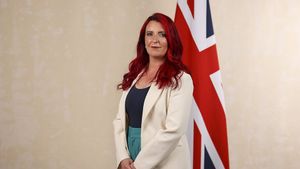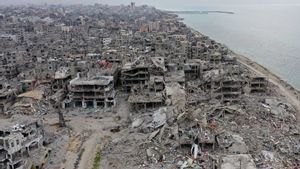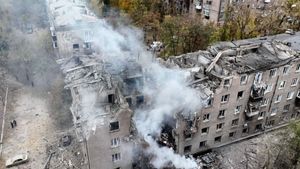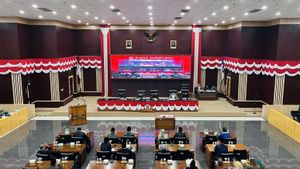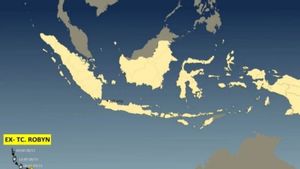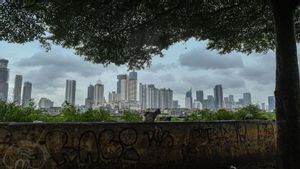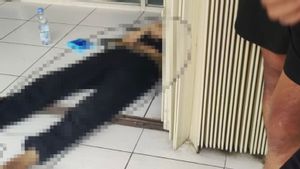JAKARTA - The World Health Organization (WHO) is calling for immediate and integrated action to protect children from contaminated drugs, following a spate of child deaths related to last year's cough reliever.
In 2022, more than 300 children - mainly under the age of 5 - in Gambia, Indonesia and Uzbekistan died of acute kidney injuries, linked to contaminated drugs, the WHO said in a statement on Monday.
Medicines, cough drug mildes that are sold freely, have high dietilen glycol and glycol ethilene levels.
"These contaminants are toxic chemicals used as industrial solvents and antifrug agents that can be fatal even if consumed in small quantities, and should not be found in drugs," explained WHO, launched Ir Reuters on January 24.
In addition to the countries above, WHO told Reuters on Monday, the Philippines, Timor Leste, Senegal and Cambodia could potentially be affected as the drugs may still be traded.
WHO also called for action in its 194 member countries to prevent more deaths.
"Because this is not an isolated incident, WHO is asking various key stakeholders involved in the medical supply chain to take immediate and coordinated action," the WHO said.
Previously, the WHO had sent a special product warning in October and earlier this month, asking for medicines to be removed from shelves, for cough drug eruptions made by India's Maiden Pharmaceuticals and Marion Biotech, which are linked to deaths in Gambia and Uzbekistan, respectively.
Last year, a warning was issued for cough drug mild made by four Indonesian manufacturers, PT Yarindo Farmatama, PT Universal Pharmaceutical, PT Konnimex and PT AFI Pharma, which are sold domestically.
Meanwhile, the company denied their products had been contaminated or declined to comment while the investigation was ongoing.
The WHO repeated its call for the aforementioned products to be removed from circulation, calling for more broadly on countries to ensure that every drug sold is approved by competent authorities.
The WHO also asks governments and regulators to assign resources to inspect manufacturers, increase market surveillance and take action if necessary.
The UN health agency asked manufacturers to only buy raw materials from eligible suppliers, test their products more carefully and record the process.
Investors and distributors must check for fake signs and only distribute or sell drugs that are allowed to be used.
The English, Chinese, Japanese, Arabic, and French versions are automatically generated by the AI. So there may still be inaccuracies in translating, please always see Indonesian as our main language. (system supported by DigitalSiber.id)
